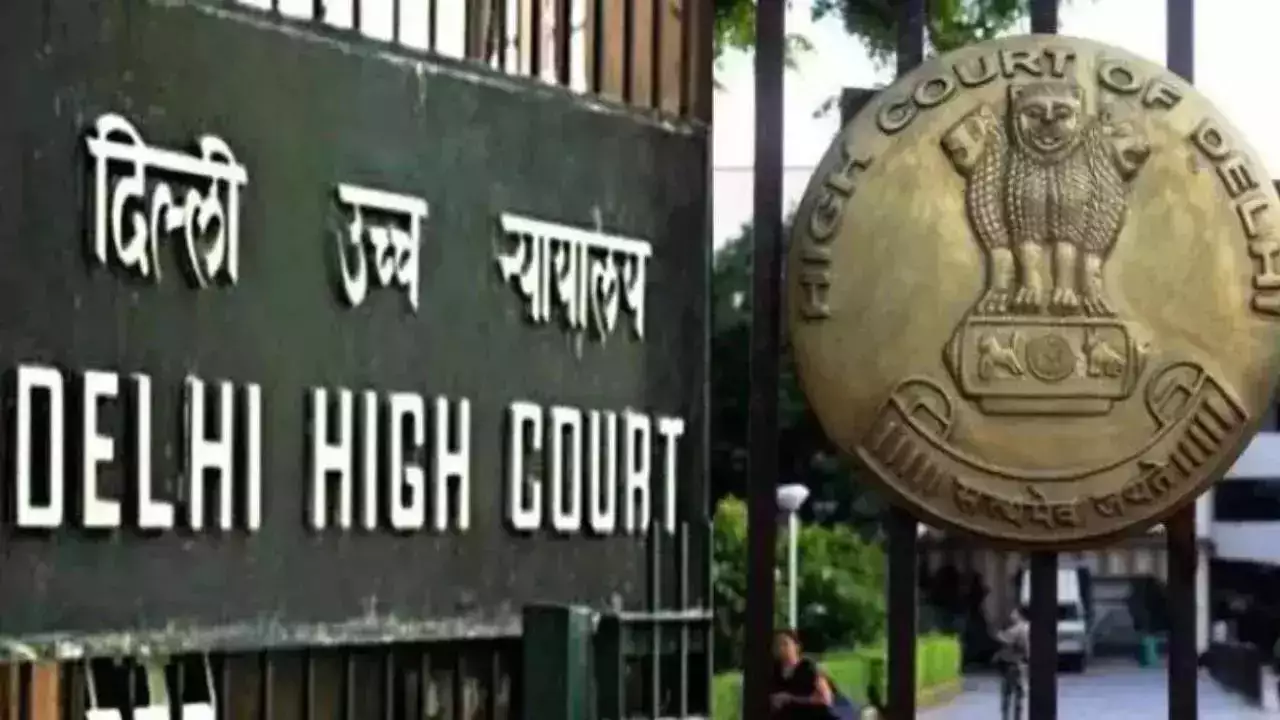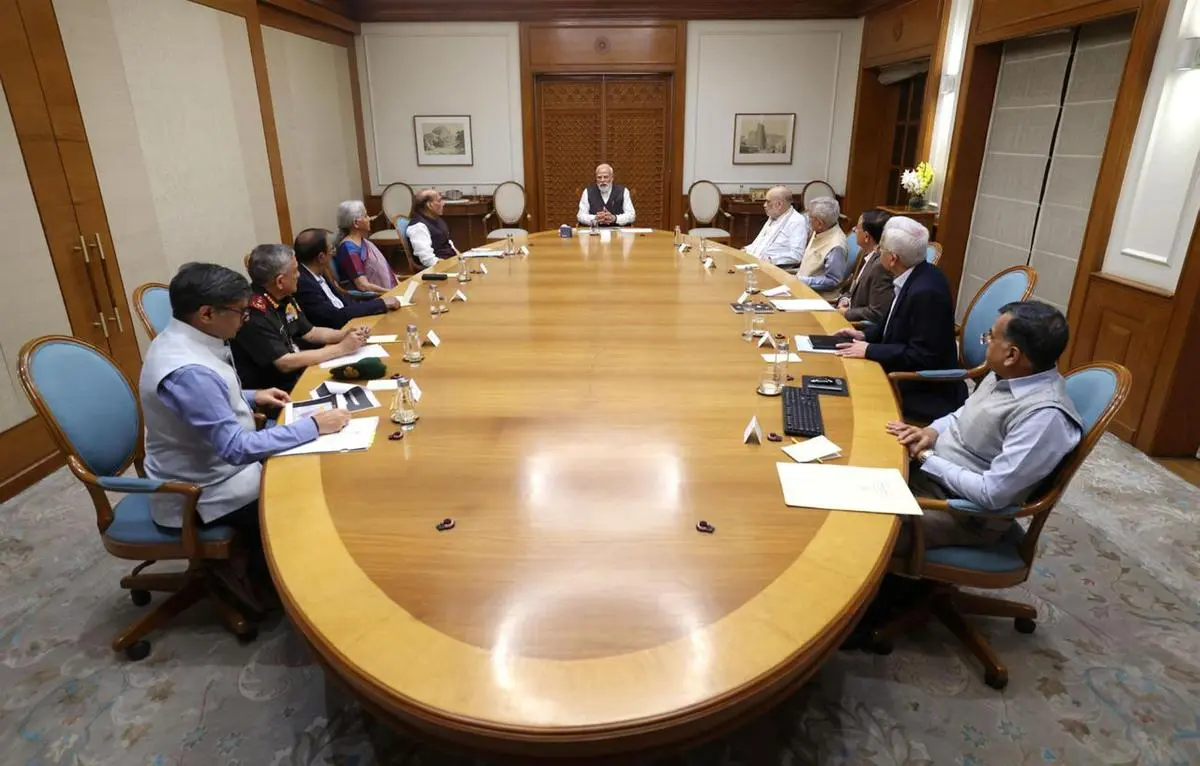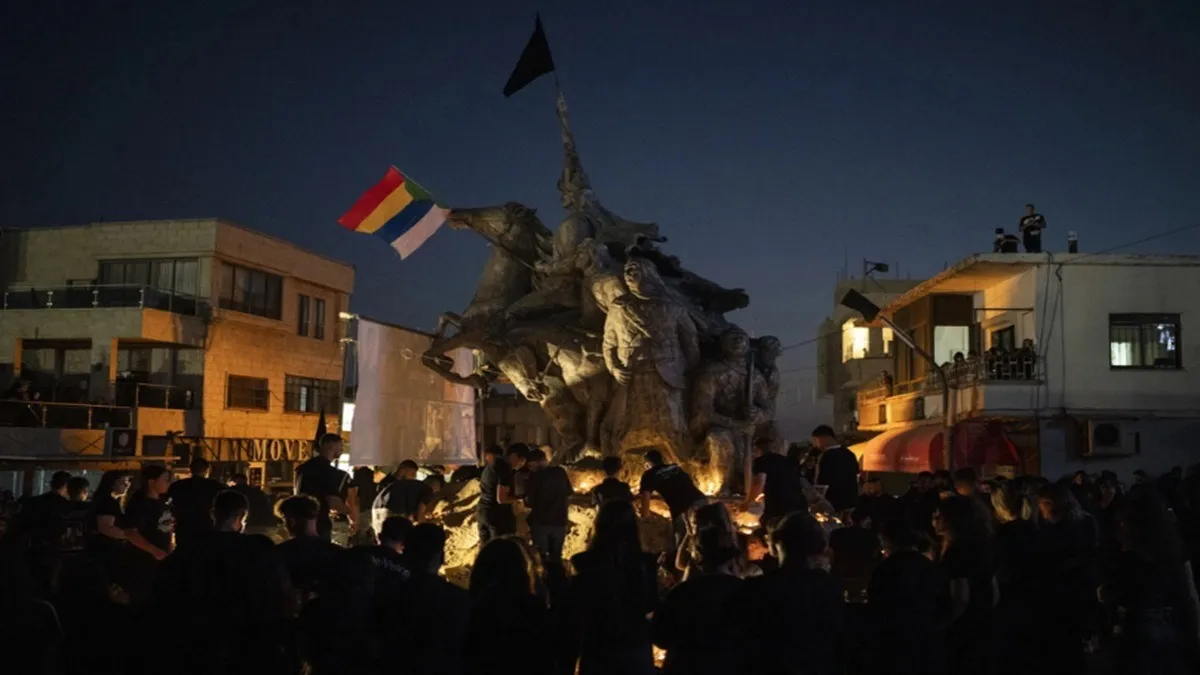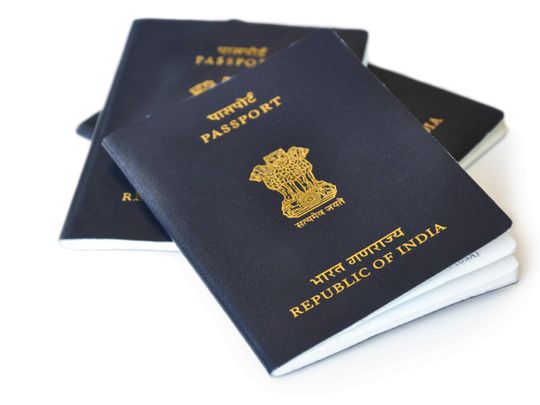The Delhi High Court emphasized that decisions regarding dual citizenship and its implications on national security are within the purview of legislative bodies, not the judiciary
On Wednesday, the Delhi High Court dismissed a petition requesting the implementation of dual citizenship for Indians living abroad. The court highlighted that the matter involves national security issues that are beyond its jurisdiction and should be addressed by Parliament.
The bench, consisting of Acting Chief Justice Manmohan and Justice Tushar Rao Gedeala, stated, “This is not a matter for the courts to decide. It requires legislative action from Parliament. We cannot legislate on such issues. These matters have extensive implications for national security that we, as a court, cannot fully assess. This falls outside our domain.”
The petitioner Legal Cell (PLC) argued that this provision is unconstitutional because it does not acknowledge that obtaining foreign citizenship should not necessarily mean relinquishing Indian citizenship
The petition was filed by the Legal Cell (PLC), a society registered under the Societies Registration Act. PLC argued that dual citizenship could lead to increased investments, funding, and new initiatives. They noted that approximately 130 countries, both developed and developing, have adopted policies on dual citizenship with specific conditions. The petition claimed that implementing such a policy in India could strengthen relations with developed countries and align with global trends.
Additionally, PLC pointed out that a high-level committee on the Indian diaspora had previously recommended that Parliament consider dual citizenship to meet the challenges of globalization.
The petition also challenged Section 9(1) of the Citizenship Act, which stipulates that acquiring citizenship of another country results in the automatic loss of Indian citizenship. PLC argued that this provision is unconstitutional because it does not acknowledge that obtaining foreign citizenship should not necessarily mean relinquishing Indian citizenship.
***********************************************************
Readers
These are extraordinary times. All of us have to rely on high-impact, trustworthy journalism. And this is especially true of the Indian Diaspora. Members of the Indian community overseas cannot be fed with inaccurate news.
Pravasi Samwad is a venture that has no shareholders. It is the result of an impassioned initiative of a handful of Indian journalists spread around the world. We have taken a small step forward with the pledge to provide news with accuracy, free from political and commercial influence. Our aim is to keep you, our readers, informed about developments at ‘home’ and across the world that affect you.
Please help us to keep our journalism independent and free.
In these difficult times, running a news website requires finances. While every contribution, big or small, will make a difference, we request our readers to put us in touch with advertisers worldwide. It will be a great help.
For more information: pravasisamwad00@gmail.com








